QR Code Scams Surge in India; Palo Alto Networks Urges Caution
By MYBRANDBOOK
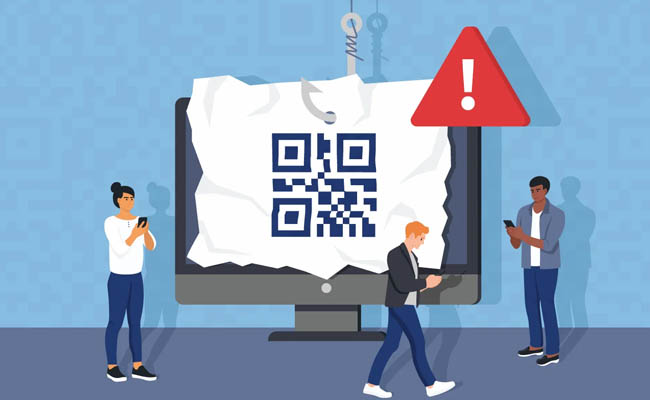
The United Payment Interface (UPI) surpassed 10 billion monthly transactions in August with a transaction value of INR15.18tn ($204.77bn). While Indian netizens have quickly adopted digital payments, a surge in QR code scams is plaguing the country. Per Bengaluru city police data, more than 50,027 cybercrime cases were registered in Bengaluru between 2017 and May 31, 2023. 41% of them (20,662 cases) were related to QR codes, malicious links, or debit/credit card fraud.
Amidst this slew of financial frauds, Palo Alto Networks today issued an advisory to be vigilant against these TTPs (threats, tactics, and procedures). Given the visual similarity of most QR codes and the difficulty in discerning differences, attackers can compromise a business' website by substituting the genuine QR code with their own. When individuals scan this altered code, it can automatically redirect them to a phishing URL, where cybercriminals can request user credentials and gain access to email or social media accounts, among other things. Alternatively, it could lead users to an untrustworthy app store, urging them to download a malicious application. Such apps typically contain viruses, spyware, trojans, or other types of malware, enabling data theft, privacy breaches, ransomware attacks, and in some instances, even crypto-mining.
Another prevalent TTP among cybercriminals is the use of "evil twin" or hotspot honeypots. In this scenario, threat actors establish an insecure Wi-Fi network, enticing users with free internet access upon scanning their QR code. Once connected, hackers intercept and eavesdrop on the data being transmitted, pilfering personal or confidential business information, online banking credentials, and credit card details. Given the global adoption of hybrid working, individuals must exercise caution and connect only to secure Wi-Fi networks to avoid falling into these cyber-traps.
Online marketplaces, too, are fertile grounds for scammers to perpetrate such fraudulent schemes. For instance, when individuals post classified ads, scammers often masquerade as interested buyers. After initial negotiations with the buyer, the fraudster provides the victim with a QR code, instructing them to scan it to claim their payment. After which, the victim’s bank account is compromised.
Palo Alto Networks advises netizens to adhere to the following:
1. Think Before You Scan: Resist the urge to scan any QR code without knowing its destination. Prioritise caution and scrutinise the QR code's intended website and domain for legitimacy.
2. Preview the website: Utilise secure QR code scanning apps that offer website previews before visiting. In web browsers, disable automatic redirects to scrutinise the URL domain for trustworthiness.
3. Download Apps from Trusted Sources: Only download mobile apps from reputable sources like Apple's App Store or Google Play Store.
4. Keep Devices Updated: Regularly update all your smart devices with the latest security patches and software updates.
5. Stay Aware and Alert: Maintain a vigilant and alert attitude towards QR codes and potential security threats.
“With QR codes now deeply integrated into our daily lives, related scams have surged in prominence. Cybercriminals exploit this by surreptitiously replacing QR codes in establishments such as bars, restaurants, lounges, shops, and clubs. This can result in unauthorised UPI payments and potential financial harm. Incidents of scanner replacement fraud are on the rise, and the threat may escalate in the future,” said Vicky Ray, Principal Researcher – Unit 42 at Palo Alto Networks.
“Vigilance is paramount for both individuals and merchants. Regularly inspecting their QR code scanners and implementing essential precautions is crucial to thwarting these fraudulent activities,” Vicky added.


Legal Battle Over IT Act Intensifies Amid Musk’s India Plans
The outcome of the legal dispute between X Corp and the Indian government c...

Wipro inks 10-year deal with Phoenix Group's ReAssure UK worth
The agreement, executed through Wipro and its 100% subsidiary,...

Centre announces that DPDP Rules nearing Finalisation by April
The government seeks to refine the rules for robust data protection, ensuri...

Home Ministry cracks down on PoS agents in digital arrest scam
Digital arrest scams are a growing cybercrime where victims are coerced or ...

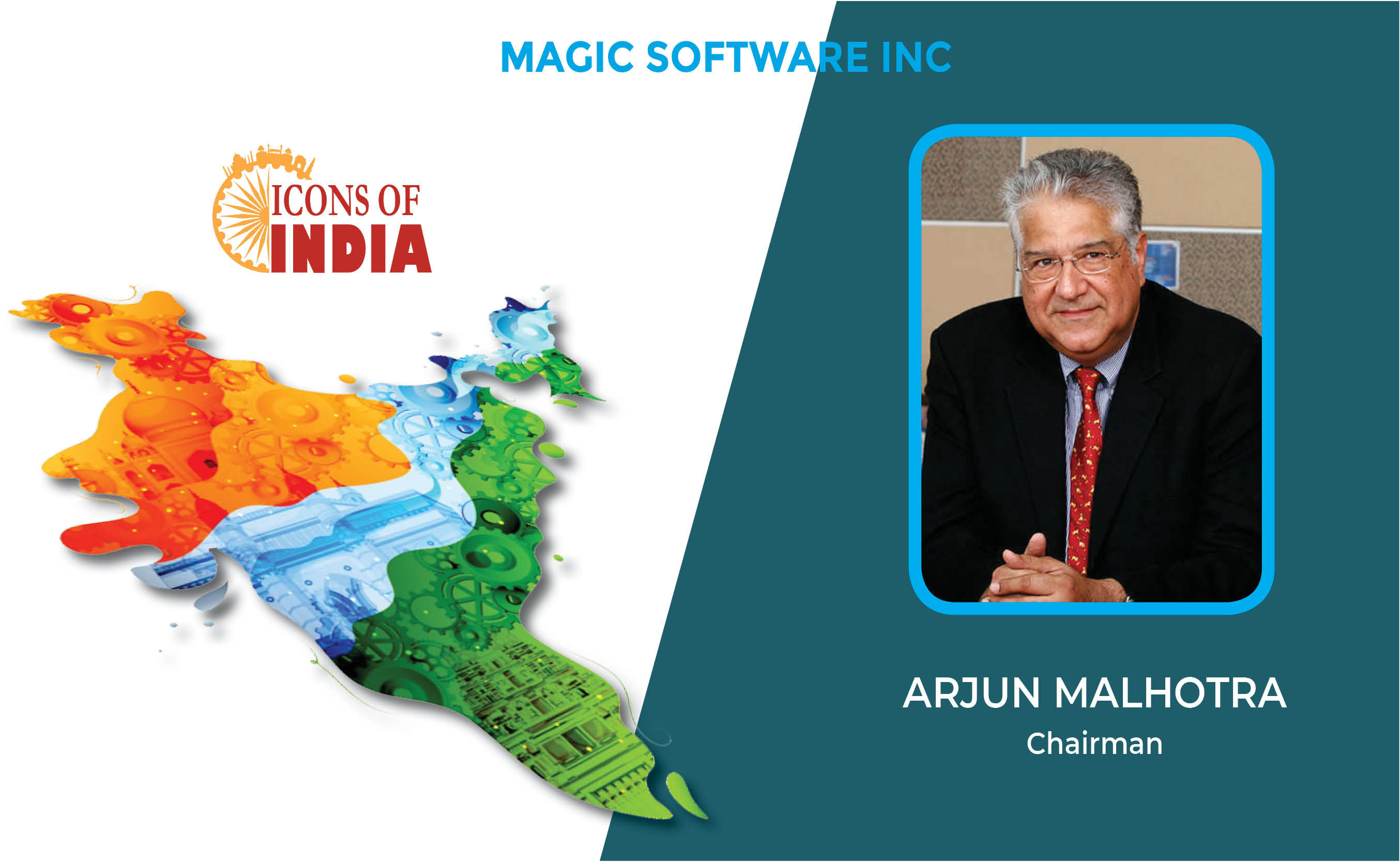
Icons Of India : Arjun Malhotra
Arjun Malhotra, the Chairman of Magic Software Inc., is widely recogni...
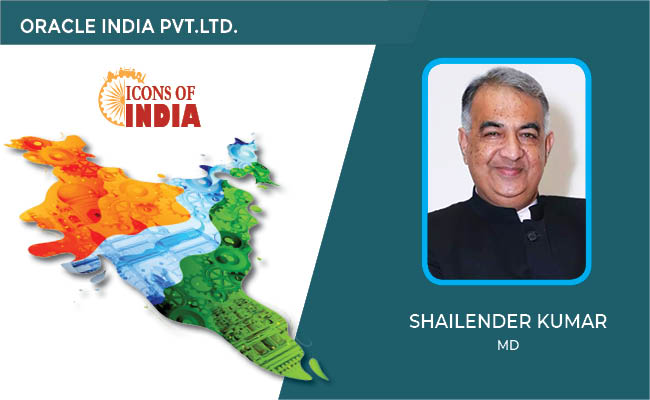
ICONS OF INDIA : SHAILENDER KUMAR
Shailender Kumar is senior vice president and regional managing direct...
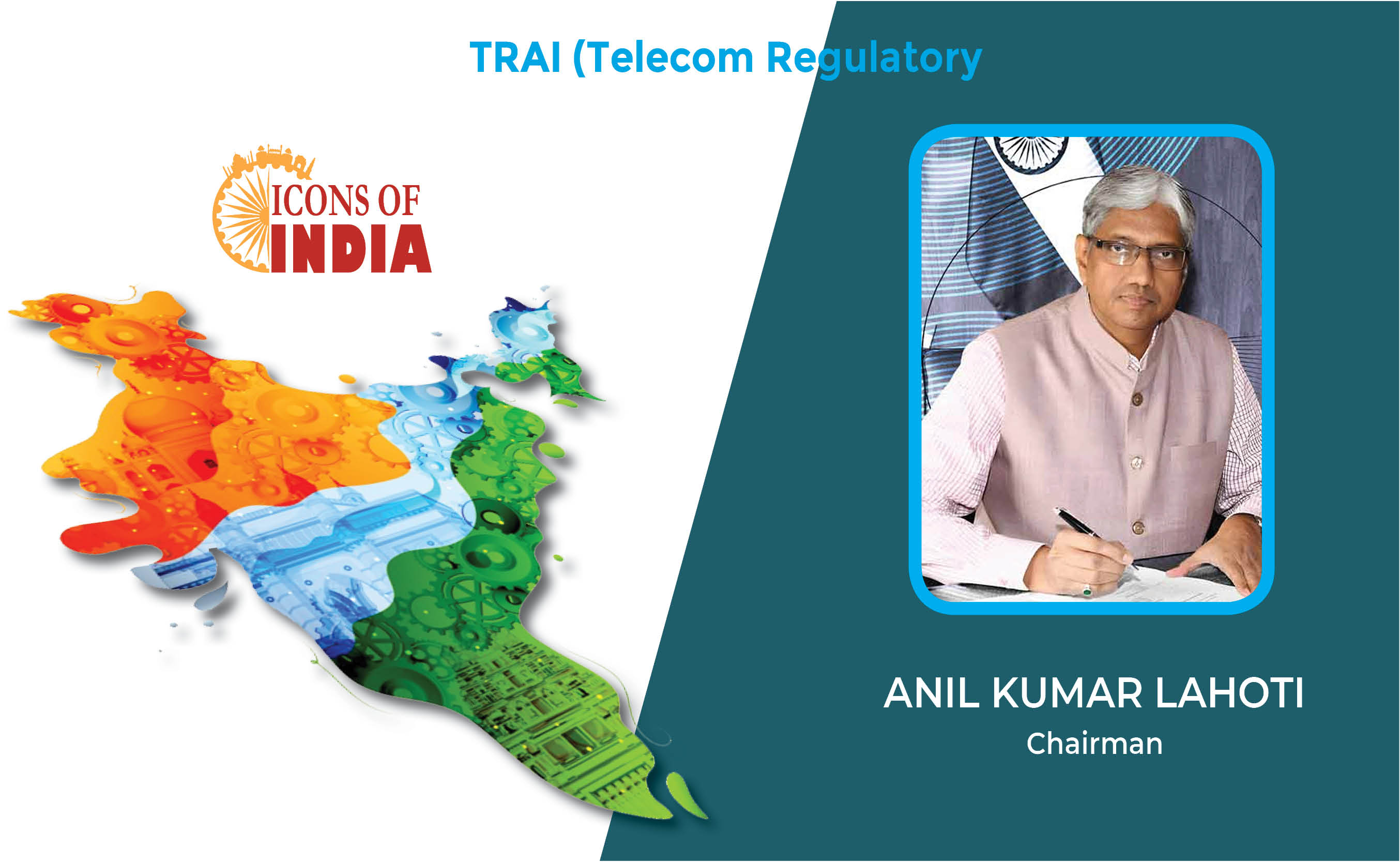
Icons Of India : Anil Kumar Lahoti
Anil Kumar Lahoti, Chairman, Telecom Regulatory Authority of India (TR...


LIC - Life Insurance Corporation of India
LIC is the largest state-owned life insurance company in India...
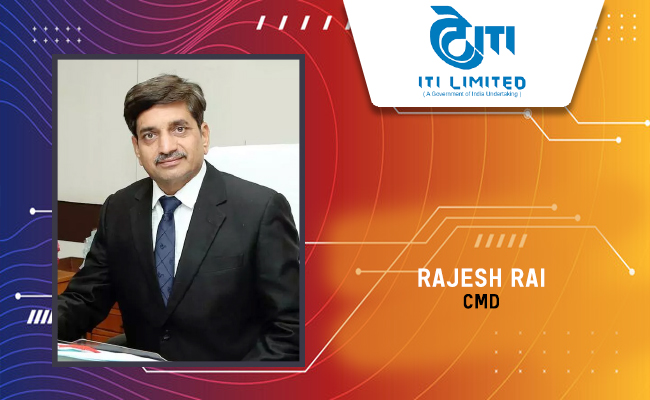
ITI - ITI Limited
ITI Limited is a leading provider of telecommunications equipment, sol...

BSE - Bombay Stock Exchange
The Bombay Stock Exchange (BSE) is one of India’s largest and oldest...

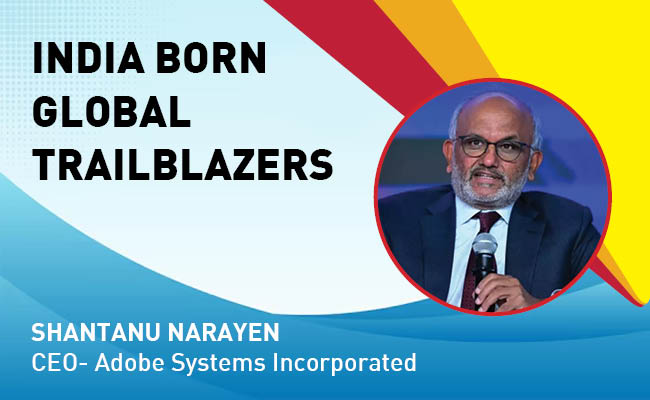
Indian Tech Talent Excelling The Tech World - Shantanu Narayen, CEO- Adobe Systems Incorporated
Shantanu Narayen, CEO of Adobe Systems Incorporated, is renowned for h...

Indian Tech Talent Excelling The Tech World - Sanjay Mehrotra, CEO- Micron Technology
Sanjay Mehrotra, the President and CEO of Micron Technology, is at the...

Indian Tech Talent Excelling The Tech World - NIKESH ARORA, Chairman CEO - Palo Alto Networks
Nikesh Arora, the Chairman and CEO of Palo Alto Networks, is steering ...
 of images belongs to the respective copyright holders
of images belongs to the respective copyright holders